During this period in our history where very little surprises us anymore, the Washington Fish and Wildlife Commission has managed to find a way to do just that by serving up yet another shit sandwich to the hunting, conservation, and wildlife biology communities in their state. The 2022 Washington spring bear hunt is dead. Again. And for good, this time.
Hopes were raised for the season’s resurrection when the commission voted 4-3 to revisit the issue in January, after a 4-4 tie vote on granting the necessary bear-hunting permits back in November 2021 led to the season’s shocking cancellation on a technicality. But it was not meant to be.
Commissioner Rowland’s admission that she had no idea there was a spring turkey season strongly indicates that the people who are supposed to be stewards of fish and wildlife management in Washington are, in fact, egregiously uninformed about the fish and wildlife they are tasked with managing.
The nine-seat commission had been operating with two vacancies, one of which allowed for the tie vote in November. Former Commissioner Fred Koontz resigned later in November after voting against the spring hunting season, leaving a second seat vacant.
Right after the 4-3 vote in January, Commissioner Larry Carpenter’s six-year term ended (commissioners can only serve one term), leaving the governor to fill a total of three vacant seats on the fish and wildlife commission. Gov. Jay Inslee quickly made the necessary appointments before the month was out.
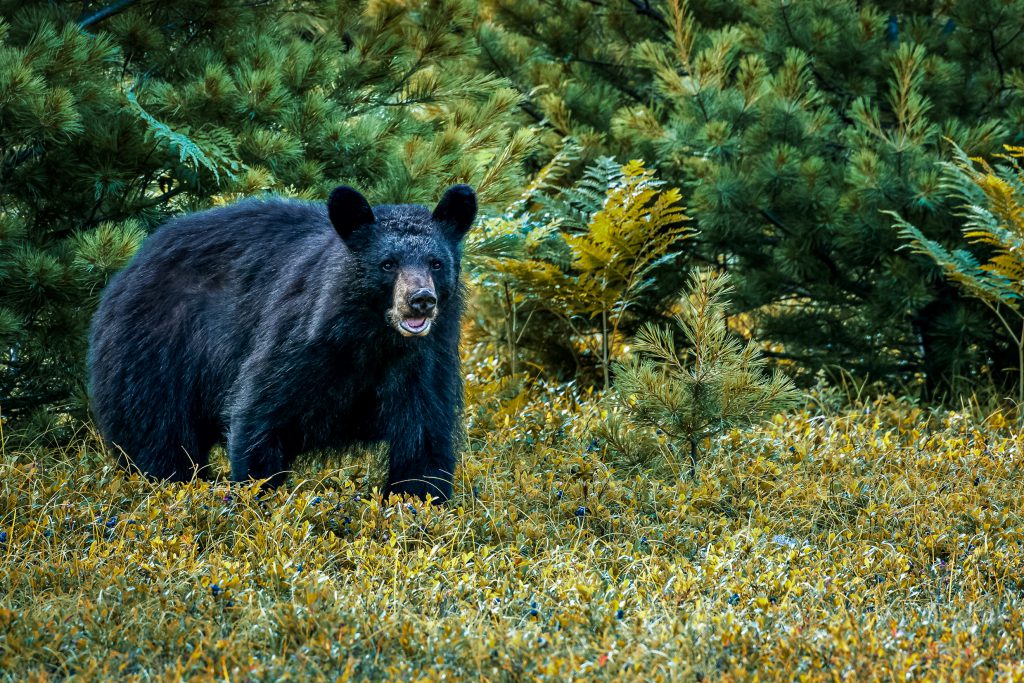
The now fully staffed commission put the final nail in the spring bear season’s coffin during a meeting held Saturday with a 5-4 vote against it.
Commissioners Kim Thorburn, Jim Anderson, Don McIsaac, and Molly Linville voted in favor of the 644-permit black bear season, which was projected to cull fewer than 150 animals.
Lorna Smith, Barbara Baker, Tim Ragen, Melanie Rowland, and John Lehmkuhl all voted against the hunt.
Smith is a relatively recent addition to the commission; she was appointed in January 2021, along with Koontz. Inslee appointed Ragen, Rowland, and Lehmkuhl in January 2022.
“The spring bear hunt has been going on in Washington for 48 years. Year after year after year. There’s tons of data on this. So, there’s an agenda.”
Charles Whitwam, founder of HOWL
Prior to her appointment, Smith served on several Washington Department of Fish and Wildlife land and non-game advisory committees.
Ragen is a retired scientist who most recently worked as the executive director for the Marine Mammal Commission.
Lehmkuhl is a former scientist with the US Fish and Wildlife Service who holds multiple degrees in wildlife biology.
Rowland was an attorney at the National Oceanic and Atmospheric Administration’s (NOAA) office of general counsel for more than 15 years. Her work focused on the Endangered Species Act and issues surrounding climate change.
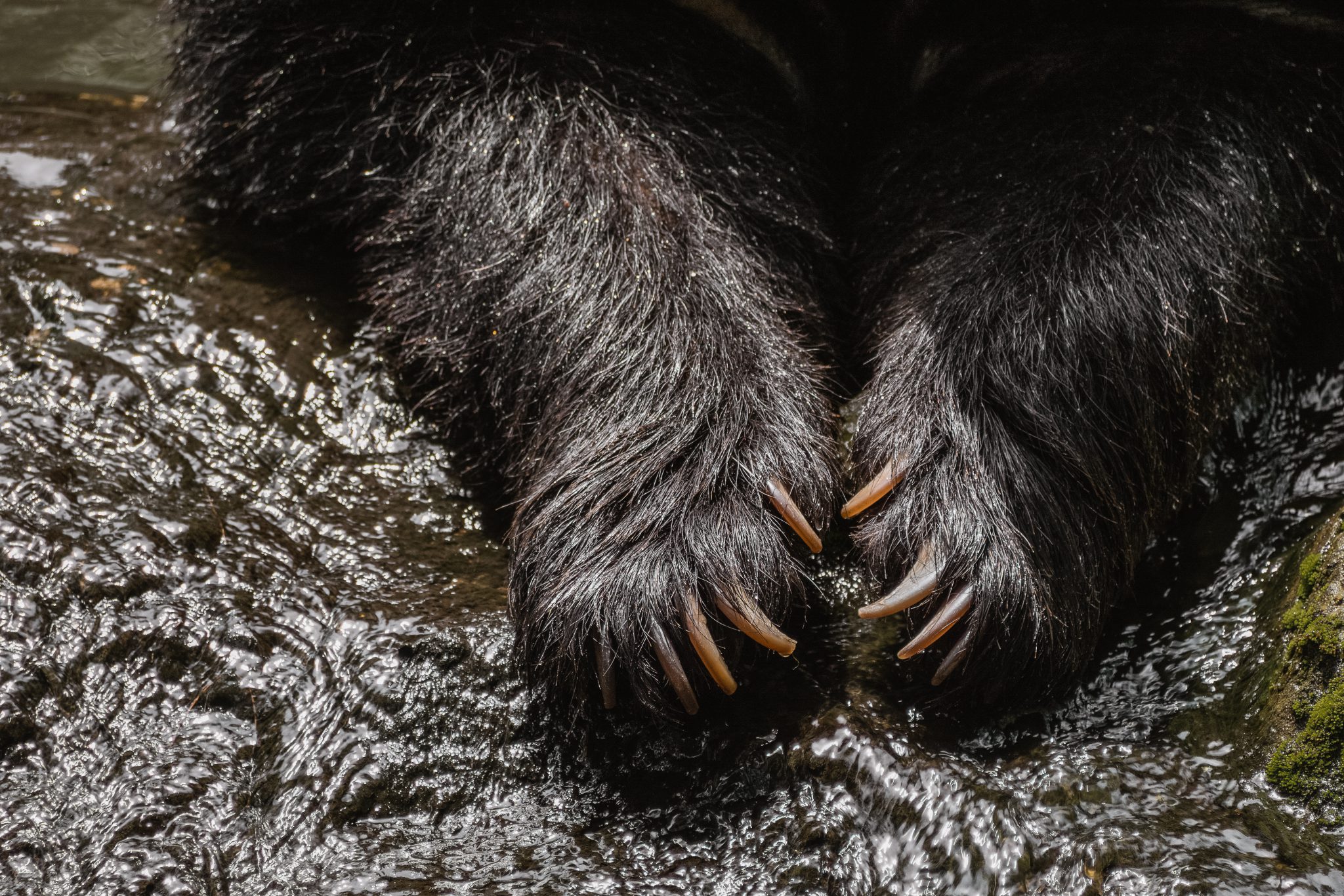
Those in favor of the hunt said the modest harvest of the spring season is sustainable, provides wildlife managers a needed tool for reducing predation on newborn elk calves, is popular with hunters, and that there is no biological reason to end it.
The director of the state’s Department of Fish and Wildlife, Kelly Susewind, said the science is clear and that the hunt would not have impaired or caused concern for Washington’s black bear population. The data shows the 2022 season would have resulted in 145 bears killed out of a population of 25,000-30,000 animals, representing a harvest of just 0.58%.
Thorburn agreed with that assessment.
“I am very satisfied with all the information we have had that we have a healthy black bear population,” she said.
Commissioner Donald McIsaac said at an earlier meeting that he believed the hunt should continue because black bears are not imperiled in Washington state.
“I note something like 48 consecutive years of a season without over-harvesting,” McIssac said.
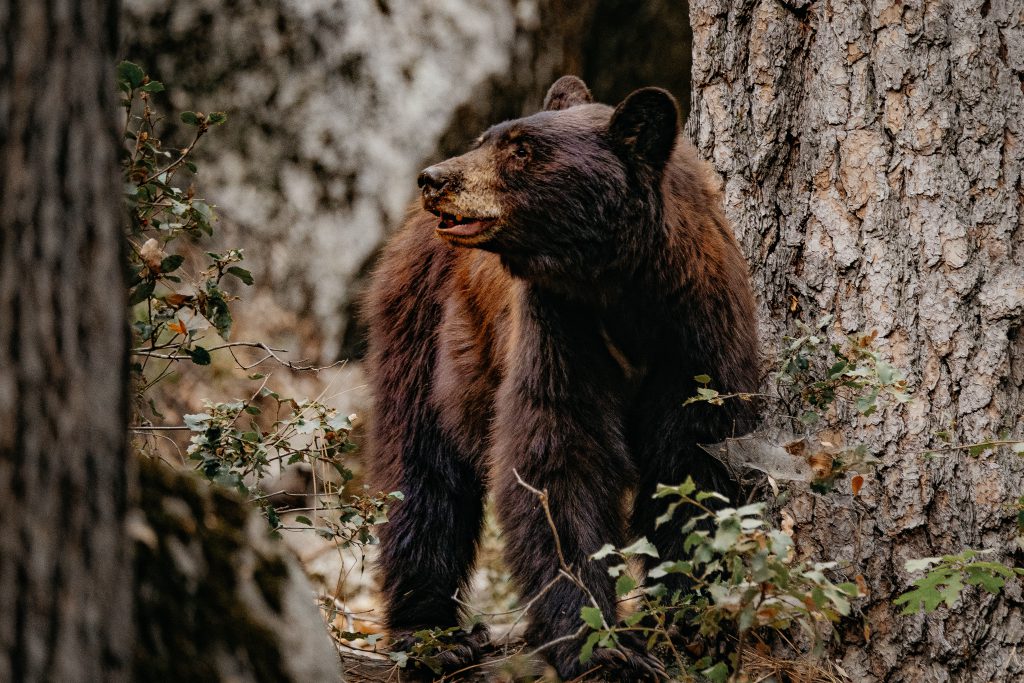
RELATED – A Loss for Bear Hunters in Washington State
The five commissioners who voted against the spring bear hunt in Washington questioned black bear population data compiled by the Department of Fish and Wildlife, the reasons for the hunt, and if the hunt is ethical or not.
The Humane Society of the United States has been vocal in its opposition to the hunt, focusing on concerns that hunting lethargic, post-hibernation sows would leave cubs orphaned — an idea that research solidly refutes.
Ragen underscored the fundamental division of the commission and voiced an alarming distinction between hunters and conservationists.
“Improving the way we are going about this will be better for the conservationists who want to see healthy ecosystems and will be better for the hunters in the long run,” he said.
If Ragen’s distinction didn’t make Inslee’s agenda clear enough, Commissioner Rowland’s admission that she had no idea there was a spring turkey season strongly indicates that the people who are supposed to be stewards of fish and wildlife management in Washington are, in fact, egregiously uninformed about the fish and wildlife they are tasked with managing.
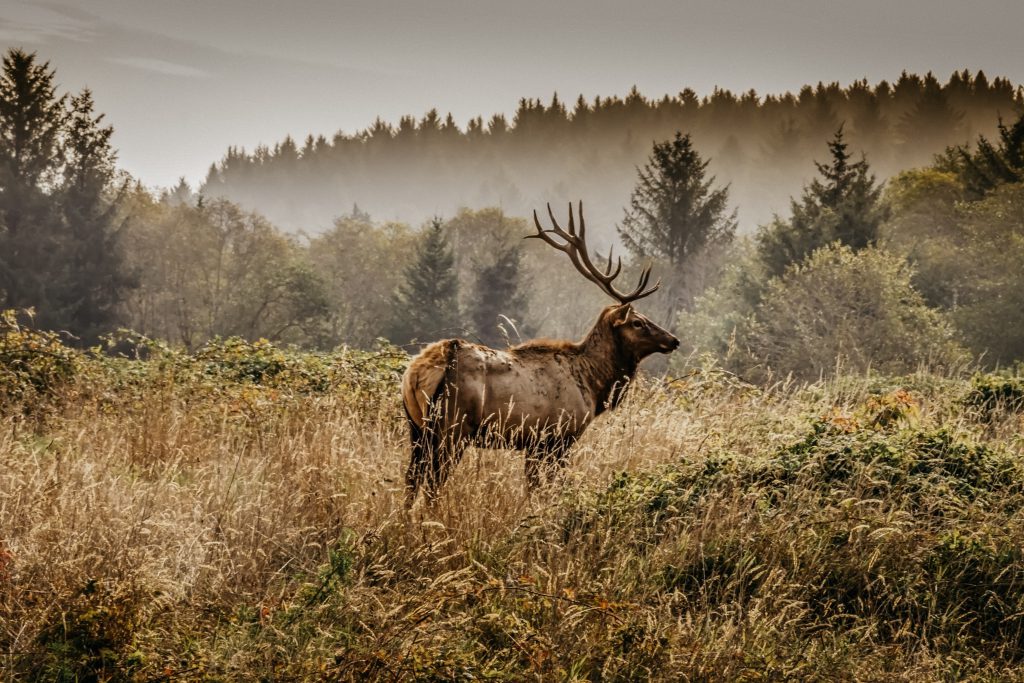
Rowland said hunting seasons of all sorts need to be reconsidered in the face of climate change. The new commission appointees expressed a desire to challenge the Department of Fish and Wildlife Department’s data and management recommendations for more than just bears. The department’s findings regarding the Blue Mountain elk herd have also been called into question.
During the recent commission meeting, Kyle Garrison, the department’s top elk manager, said a current assessment showed the herd is 35% below the state’s objective of 5,500 animals.
According to Garrison, only nine calves out of 125 tracked in a study last year are still alive. Predation accounted for more than 70% of the deaths — and mountain lions caused about 70% of the predation.
Garrison reported that the agency might recommend the commission consider increasing mountain lion bag limits in the Blue Mountains to help manage the elk predation.
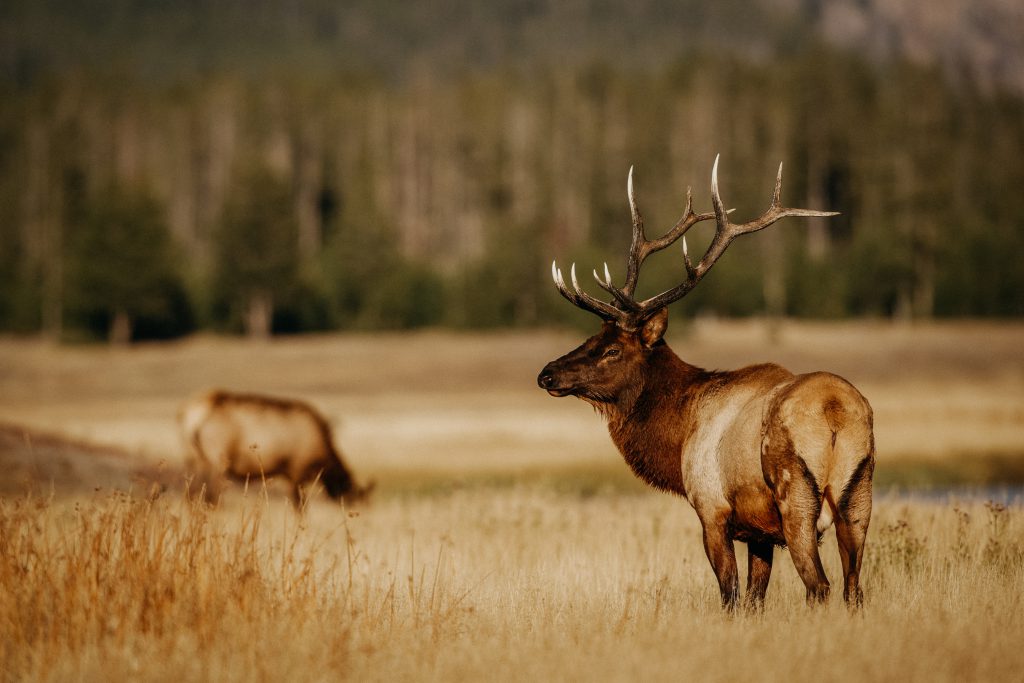
Echoing the opinion of the resigned Fred Koontz, Ragen and Lehmkuhl suggested the agency may have set an unrealistic population objective, and Smith said she is skeptical that reducing cougar populations will improve elk survival.
Charles Whitwam, founder of HOWL, a non-profit, action-oriented online portal dedicated to “protecting wildlife and science based management practices,” called out the commission’s vote for following an anti-hunting agenda.
“So much data, so much science from the people that are paid to conduct this research for [the commission] was presented to them, yet it wasn’t enough information,” Whitwam said in an online post. “They kept saying ‘not enough. We need more.’”
“The spring bear hunt has been going on in Washington for 48 years. Year after year after year,” he added. “There’s tons of data on this. So, there’s an agenda.”
One thing is for sure: It looks like hunters in Washington state will have an uphill battle when it comes to any wildlife management decisions pertaining to harvest as a management practice.
READ NEXT – Fred Koontz, Controversial Washington Fish and Wildlife Official, Resigns

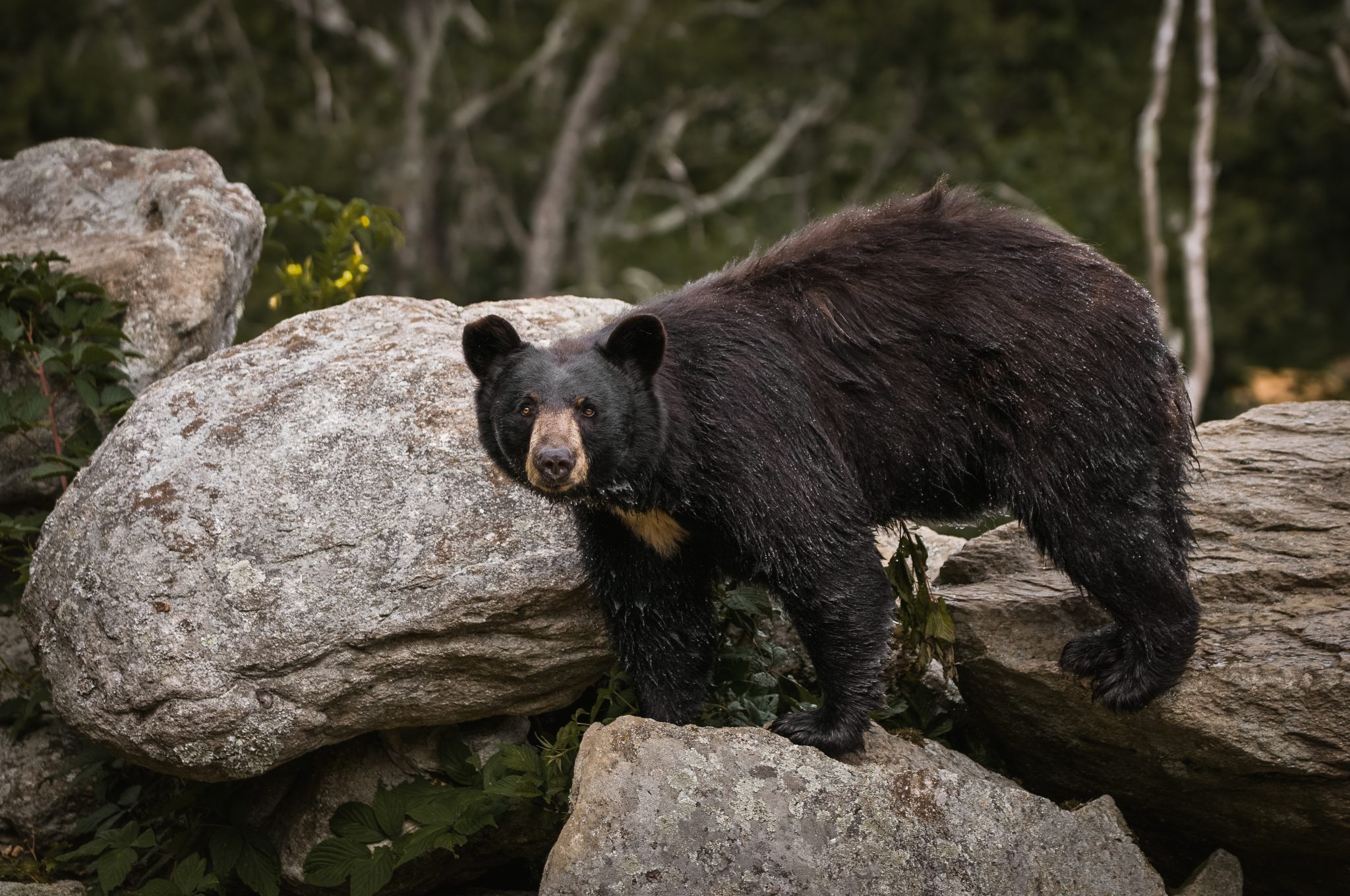
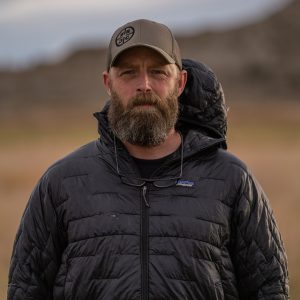
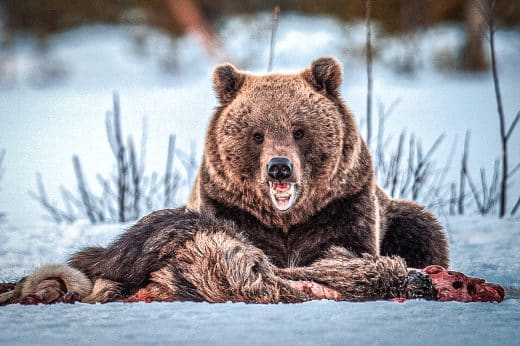
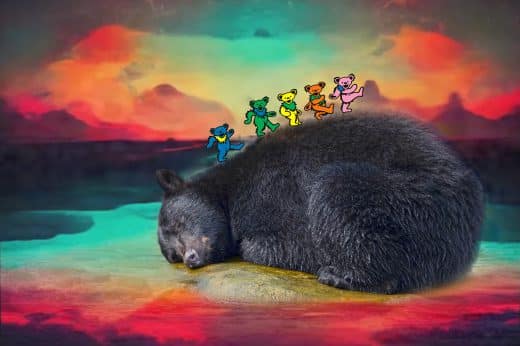
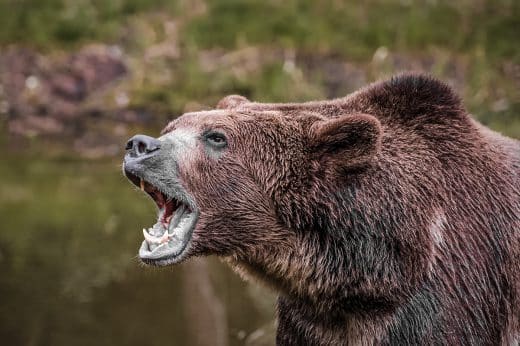


Comments